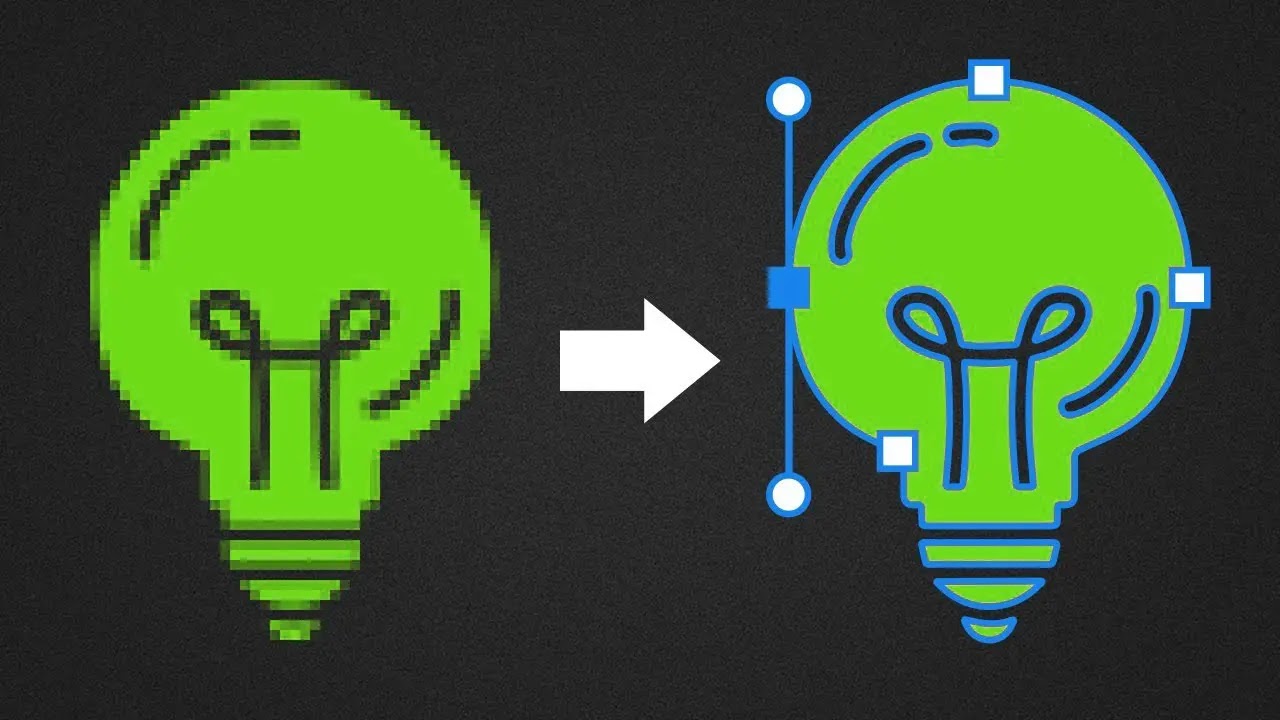HOW 5G NETWORK EXACTLY WORKS? - IS IT UNSAFE?
The 5th generation of
cellular equipment, 5G, is the next great bound in speed used for wireless
devices. This speed includes both the rate mobile users can download data to
their devices and the latency,
Users must assume to see the transfer speeds on the order of (Gb/s) per second, much better than the tens of (Mb/s) second speeds of 4G.
"That's
significant because it will enable new applications that are just not possible
today,"
Said Harish
Krishnaswamy, an associate professor of electrical engineering at Columbia
University in New York.
FACT:
"At GB/second data rates, you could potentially download a movie to your phone or tablet in a matter of seconds. Those types of data rates could enable virtual reality applications or autonomous driving cars."
Apart from requiring high data rates, emerging technologies that
interact with the user's environment like augmented reality or self-driving
cars will also require extremely low latency.
For that reason, the goal of 5G
is to achieve lateness below the 1-millisecond mark. Mobile devices will be capable
to send and receive info in less than 1000th of a second, viewing rapid
to the user. To accomplish these speeds, the roll-out of 5G requires new
technology and infrastructure.
"With a massive amount of antennas — tens to hundreds of
antennas at each base station — you can serve many different users at the same,
increasing the data rate,"
-Said
Krishnaswamy.
FACT YOU SHOULD KNOW:
At the Columbia high-Speed and Millimeter-wave IC (COSMIC) lab,
Krishnaswamy and his crew calculated chips that allow both millimeter-wave and
MIMO equipment.
"Millimeter-wave and massive MIMO are the two biggest technologies 5G will use to deliver the higher data rates and lower latency we expect to see."

Although 5G
will require more base stations, they'll be much smaller and require less power
than traditional cell towers.
IS 5G DANGEROUS?
Although 5G may improve our day to day lives, some consumers have
voiced concerns about potential health hazards. Many of these concerns are over
5G's use of higher energy millimeter-wave radiation.
"radio-active energy is unsafe as it can breakdown chemical bonds."
Ionizing radiation is the reason we wear sunscreen outside because
short-wavelength ultraviolet light from the sky has enough energy to knock
electrons from their atoms,
Damaging skin cells and DNA. Millimeter waves, on
the other hand, are non-ionizing because they have longer wavelengths and not
enough energy to damage cells directly.
"Cause of global warming is Non-ionizing radiation”
"At high exposure levels, radio frequency (RF) energy can indeed
be hazardous, producing burns or other thermal damage,
But these exposures are
typically incurred only in occupational settings near high-powered radio
frequency transmitters, or sometimes in medical procedures gone awry."
-Foster said
who has studied the health effects of radio waves for nearly 50 years?
Many of the public's outcries over the adoption of 5G echo concerns
over previous generations of cellular technology. Skeptics believe exposure to
non-ionizing radiation may still be responsible for a range of illnesses,
From brain tumors to chronic headaches. Over the years, there have been thousands of studies investigating these concerns.
From brain tumors to chronic headaches. Over the years, there have been thousands of studies investigating these concerns.
FACT YOU SHOULD KNOW:
In 2018, the National Toxicology
Program released a decade-long study that found some evidence of an increase in
brain and adrenal gland tumors in male rats exposed to the RF radiation emitted
by 2G and 3G cellphones,
But not in mice or female rats. The animals were
exposed to levels of radiation four times higher than the maximum level
permitted for human exposure.
-Foster said
Although he
disagrees with many of the conclusions skeptics have about previous generations
of cellular networks, Foster agrees that we need more studies on the potential
health effects of 5G networks.
"Everyone I know, including me, is recommending more research on 5G because there's not a lot of toxicology studies with this technology,"
- Foster
said.
"I think 5G will have a transformational impact on our lives and enable fundamentally new things,"
- Said Krishnaswamy.
What those types of applications will be and what that impact
is, we can't say for sure right now. It could be something that takes us by
surprise
And really changes something for society. If history has taught us
anything, then 5G will be another example of what wireless can do for us.






![Microsoft All In One App Out Now! [Download Link]](https://blogger.googleusercontent.com/img/b/R29vZ2xl/AVvXsEjCvr2abWBSOGGuor1TDujjOinz955lWrv9r9DTODl34TFpdX67fG7tN5i1632u5IVgBAqIKGSLnjzBgDqnOkkoU9o-pNZV7ta9iV-4NjVLi6FP0dpVjWYHXbRI18WQcMY6WLeOGnhJVPA/s72-c/microsoft-office-ios-preview-setup.png)


